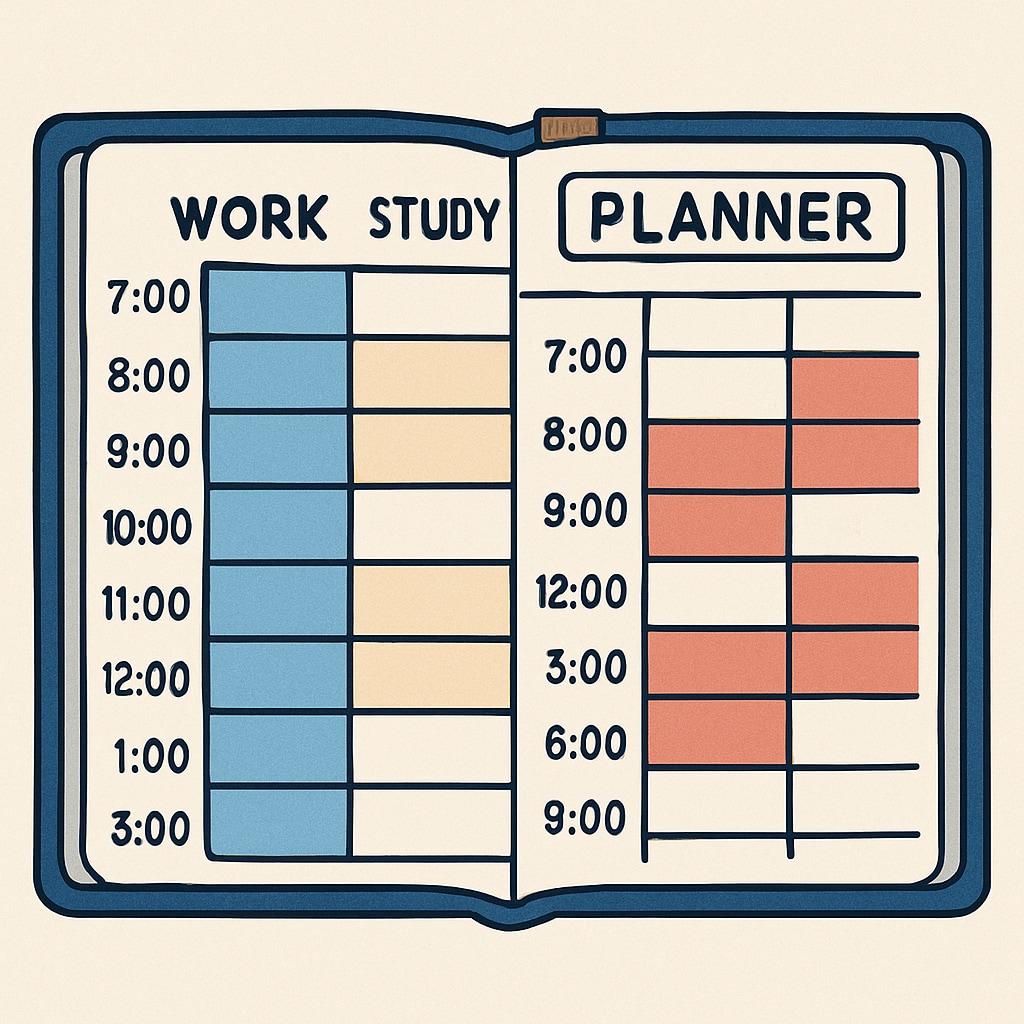The pursuit of a degree while managing career growth and time management is a challenge many 30-somethings face. As professionals strive to advance in their careers, the question of whether to invest in higher education often presents a dilemma. Balancing work responsibilities, personal life, and academic commitments can feel overwhelming. However, with the right strategies, it is possible to achieve your educational and professional goals simultaneously.
The Push for Higher Education in a Competitive Job Market
In an increasingly competitive job market, a degree can be the deciding factor in securing promotions or transitioning to a desired role. Many employers view advanced education as a sign of dedication and expertise, which can open doors to leadership opportunities. For example, industries like technology, healthcare, and business often require specialized degrees for senior positions.
However, returning to school as a working professional is no small feat. Financial constraints, limited time, and the fear of falling behind at work are common concerns. According to a report on higher education, adult learners often struggle to balance the demands of their personal and professional lives with academic schedules. This makes the decision to pursue further education a significant one.

Time Management: The Key to Success
Time management is crucial for professionals juggling education and career growth. Without a structured approach, it’s easy to feel overwhelmed. The following strategies can help:
- Set clear priorities: Determine what matters most—whether it’s completing a project at work or submitting an assignment on time.
- Create a schedule: Use digital tools or planners to allocate specific hours for work, study, and personal time.
- Leverage downtime: Utilize commute time or lunch breaks for studying or reviewing notes.
- Seek support: Communicate your goals to colleagues and family members, so they can provide assistance when needed.
Implementing these strategies can help working professionals maintain a balance between their commitments. For more insights on effective time management, resources like Wikipedia’s guide on time management can be useful.

Flexible Learning Options for Adult Professionals
One of the most significant advancements in education is the availability of flexible learning options tailored to adult learners. Online degree programs, weekend classes, and part-time study options have made it easier for professionals to upskill without leaving their jobs.
When choosing a learning format, consider the following:
- Online programs: These offer flexibility, allowing you to study at your own pace from anywhere.
- Hybrid courses: A mix of in-person and online learning can provide the structure of classroom education with the convenience of remote access.
- Certificate programs: Short-term courses can help you gain specific skills without committing to a full degree.
Flexible options ensure that professionals can continue their education without compromising their career trajectories. However, selecting the right program is essential—be sure to research accreditation, curriculum relevance, and support services.
Overcoming Financial Hurdles
Financial barriers often deter professionals from pursuing further education. However, several solutions can help mitigate costs:
- Employer sponsorship: Some companies offer tuition reimbursement or financial assistance for employees seeking degrees relevant to their roles.
- Scholarships and grants: Many organizations provide financial aid specifically for adult learners.
- Payment plans: Universities often allow students to pay fees in installments, making education more affordable.
By exploring these options, professionals can make higher education financially viable without jeopardizing their financial stability.
Conclusion: Making the Right Choice
Balancing degrees, career growth, and time management is undoubtedly challenging, but it is not impossible. By setting clear priorities, leveraging flexible learning options, and exploring financial aid, 30-somethings can successfully navigate this crossroads. Remember, the decision to pursue further education should align with your long-term career goals and personal aspirations. With careful planning, you can achieve both academic success and professional growth.
Readability guidance: This article uses short paragraphs, lists, and transitions to ensure clarity. Passive voice and long sentences are minimized to enhance readability for a broad audience.


